Timeline of Developmental Supports for Children & Youth
We are committed to providing comprehensive support services for children and families from birth to 21, ensuring their development and success throughout their educational journey. Our services encompass a range of interventions, from early childhood education to transition planning, tailored to meet the individual needs of each child. We provide educational services, programs and resources for improving the learning outcomes and well-being of all children and youth.
Birth
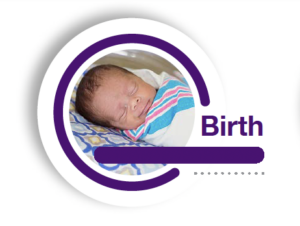
- An AEA Service Coordinator meets with the family while at the NICU or when they are ready and available to discuss Early ACCESS services.
- From there, the family and Service Coordinator determine if service coordination will begin in the NICU (for those babies with longer stays) or will be started/transitioned to a home team as soon as the baby is discharged.
Arrival Home Until Aged 3
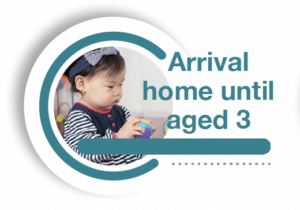
- These professionals are determined by the family and based on the needs of the child.
- Services could include nutrition,
- physical/occupational therapy,
- developmental specialists for cognition and/or communication,
- teachers or audiologists to support babies who are deaf or hard of hearing,
- social workers to support needs around resource connection or social-emotional development.
Aged 3
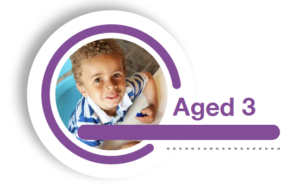
- Family & Educator Partnership Coordinators help families navigate special education services in the school setting and help prepare them to be integral members of the IEP team.
- They ensure steps and services are aligned in their Early ACCESS transition plan so that the child and family can be successful in the school setting.
- These steps and services are created by the Early ACCESS team, including the family, at a transition meeting.
Elementary
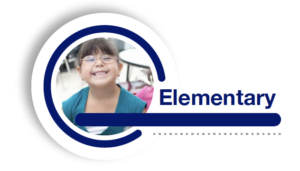
- Teachers deliver the educational program and receive consultation and support from AEA specialists.
- AEA specialists provide support to teachers (general and special education) to enhance development and achievement.
- Family & Educator Partnership Coordinators are available to assist families in the IEP process to promote meaningful participation and prepare for transition ages.
Secondary
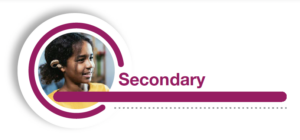
- Teachers deliver the educational program and receive consultation and support from AEA specialists.
- AEA specialists provide support to teachers (general and special education) to enhance development and achievement.
- At age 14, additional resources and expertise are provided to help families plan for postsecondary transitions including waiver services, living, learning and working.
- Families have an imperative role in the IEP process throughout the secondary level.
- Family & Educator Partnership Coordinators may assist families in this critical time with accessing community resources and planning for life after high school.
Timeline of Developmental Supports for Children & Youth (PDF to print)